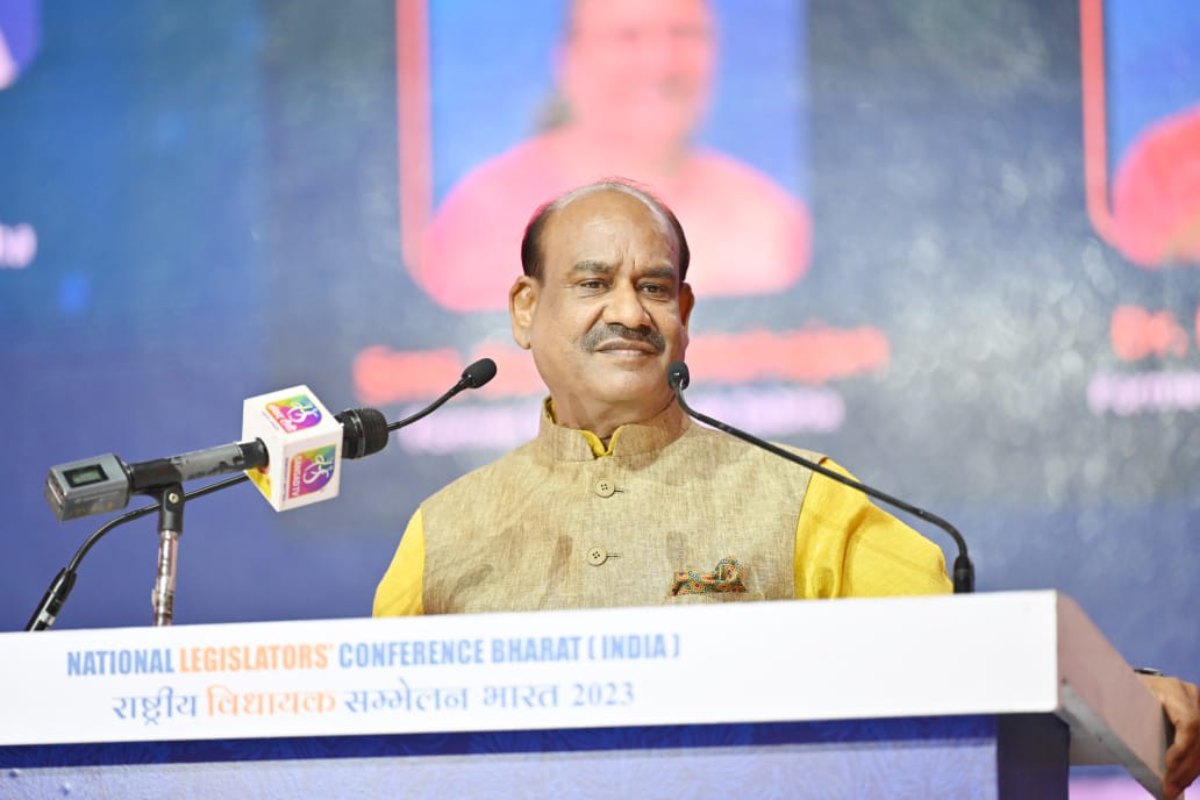Haryana takes major stride towards implementing 3 new criminal laws
New scheme 'Haryana Witness Protection Scheme, 2025' launched.
Birla stressed that the public has immense faith in justice, which has become stronger in the journey of 75 years.

[File Photo : SNS]
Lok Sabha Speaker Om Birla said on Tuesday that the three new criminal laws were passed after extensive deliberations in the House and Standing Committee along with public participation.
Addressing 135 diplomats/officials from 83 countries at a programme organised by the Institute of Constitutional and Parliamentary Studies (ICPS) in the Parliament Premises to give information about these laws, Birla observed that the three new criminal laws are in line with the challenges and expectations of contemporary society.
Advertisement
The Lok Sabha Speaker noted that these laws have been made in accordance with the changes in technology and the nature of crimes.
Advertisement
He added that the law of India gives the right to justice to the last person and the general public sees the judge as God.
Birla stressed that the public has immense faith in justice, which has become stronger in the journey of 75 years. In today’s global environment, it is very important to understand the legal framework and values of each other’s countries.
“This increases diplomatic efficiency and mutual understanding among nations,” the Lok Sabha Speaker said.
Birla suggested to the diplomats participating in the programme that they should have an understanding of India’s legal structure, Parliament proceedings, and India’s democratic system.
Stating that in the last 75 years, public confidence in “our legislative process has continuously increased which reflects the strength of democratic values and increasing accountability of governance”, Birla said this development has been due to “our commitment to transparency, accountability, and inclusiveness in legislative work”.
Lawmakers have worked continuously to meet the changing needs of society, made laws that protect rights, promote justice, and encourage economic development, he noted.
He said this increased confidence reflects a healthy democracy. He described the gender equality embodied in these laws as the basis of the country’s system and the basic concept of the Constitution and observed that this feature inspires and guides the world.
Expressing the view that Indian laws always reflect the country’s international commitments, he said India has always respected international laws and has been a strong votary of human rights. This commitment of India ensures that laws are made to uphold the dignity, liberty, and equality of every citizen.
From gender equality, and environmental protection to social welfare and progressive policies on anti-discrimination, Indian laws serve as an instrument of empowerment, he said.
Referring to India’s robust arbitration system, Birla said arbitration is India’s heritage which has been followed and upheld by people since ancient times.
Advertisement